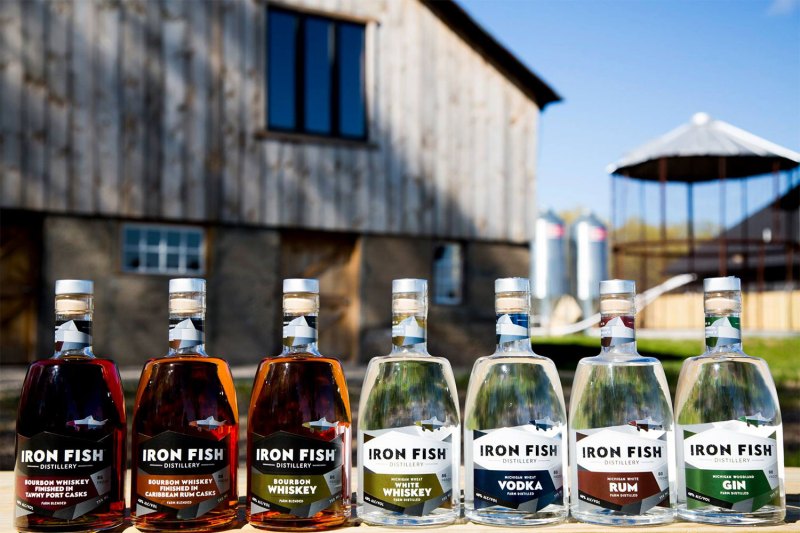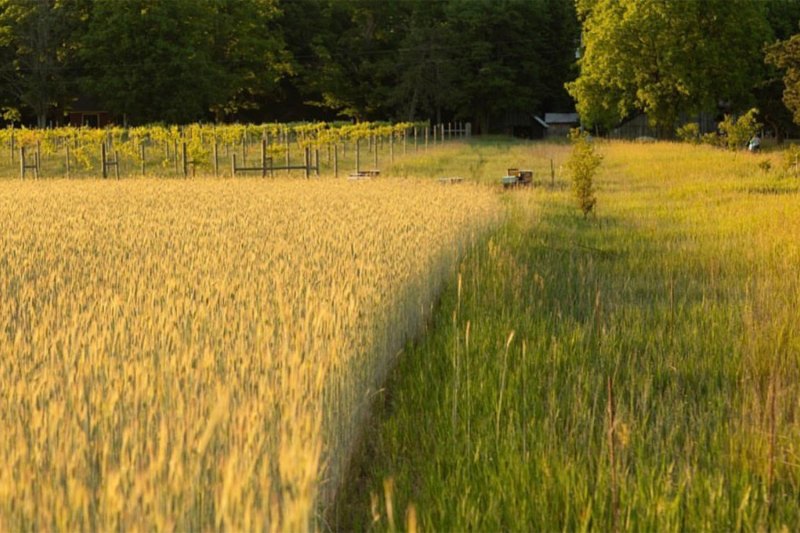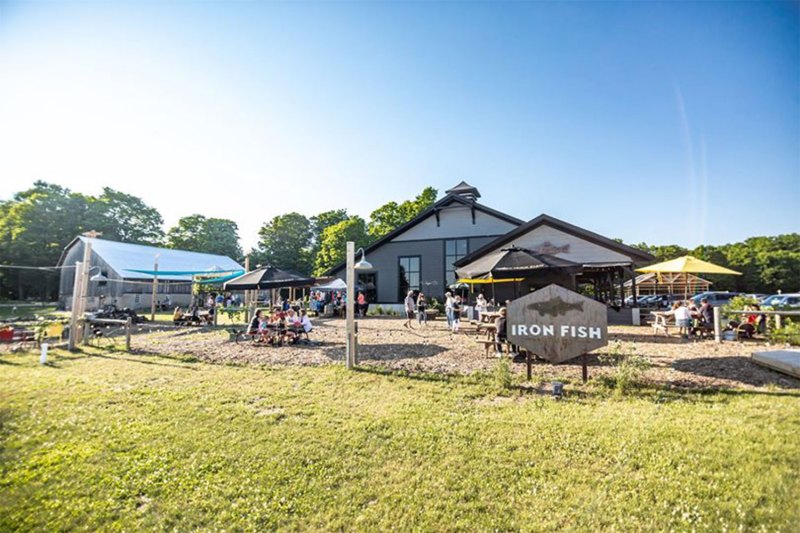The push against so-called frankenfood seems like an eternity ago but the movement pushes on. For distilleries, it’s a particularly tricky battle, as so many of the base ingredients are genetically modified in some form or another.
Corn, for example, has been hugely tampered with. It’s estimated that more than 80% of the nation’s supply is genetically modified in nature. Corn is a big player in spirits, responsible for bourbon as well as other liquors. Many other grains have been altered, whether to be more resistant to certain pests or to produce more than what a natural yield would.
For those pushing for a more organic approach and for utilizing non-GMO goods, advertising that can be an issue. The feds still don’t allow as much to be listed on spirits labels, or any other bottle of alcohol for that matter. Brands like Smirnoff have gotten into some hot water by listing such things on labels. But that does not keep the good work of craft distilleries from marketing their approach in other ways, whether it be through websites, social media, and the like.
As it stands, the main justification for non-GMO sourcing is Mother Nature. Naturally raised ingredients are generally easier on the environment, requiring fewer inputs and complementing the soil as opposed to tarnishing it. Studies suggest that GMO foods aren’t necessarily any healthier but they’re no doubt greener. And for some, it’s merely a matter of principle. They simply don’t like the idea of supporting and consuming a food that’s been synthetically doctored.

In rural Michigan, Iron Fish Distillery turns out spirits from a late 1800s-era farmstead. The 120-acre plot is home to just about every step in the distilling process. The outfit grows its own non-GMO grain in the form of wheat. Iron Fish is adamant about doing things the old fashioned way, hands-on and with the environment very much in mind. The environmentally conscious mentality is third-party verified, meaning the company has to show its work (and not simply talk the talk).
The Thompsonville producer specializes in whiskey, but also makes gin, vodka, rum, and a raspberry and Saskatoon liqueur. The founders were moved by a trip to the boozy Scottish island of Islay and ultimately launched Iron Fish in 2013. Abroad, they visited all eight distilleries on the island and were inspired especially by the farm approach at Kilchoman. Since, the company has adhered to a sustainability pledge that includes everything from limited use of fossil fuels to use of renewable and recyclable materials. What they do in the field is certified by the Michigan Agriculture Environmental Assurance Program.

Iron Fish co-owner Richard Anderson says part of the doctoring behind GMOs allows them to tolerate potentially harmful inputs like herbicides, something they do not use. “With deep respect for the watershed and in honor of the steelhead trout that journey up the river each fall, we follow many of the early and natural practices of the founders,” he says. “These include using natural seed for grain production, crop rotation, soil assessment and natural amendments, and cover cropping.”
Many others are echoing Iron Fish’s non-GMO mantra, from Rolling River in Oregon to KOVAL in Chicago. Per usual, more can always be done. Anderson says farm distilleries are equipped to lead the way and that carbon footprint is an especially big deal in the land of spirits. Iron Fish sequesters carbon on its farm with the help of a 49-acre resident maple tree forest. Then there’s the issue of spent grain, something Iron Fish puts back into its own system.

“The spent grains offer a high-protein, low-sugar nutritious food supplement for a nearby bison farm,” Anderson says. In return, some of that bison is used on the pizza menu at the distillery. “Zero waste and upcycling — helping to define the local food economy,” he adds.


